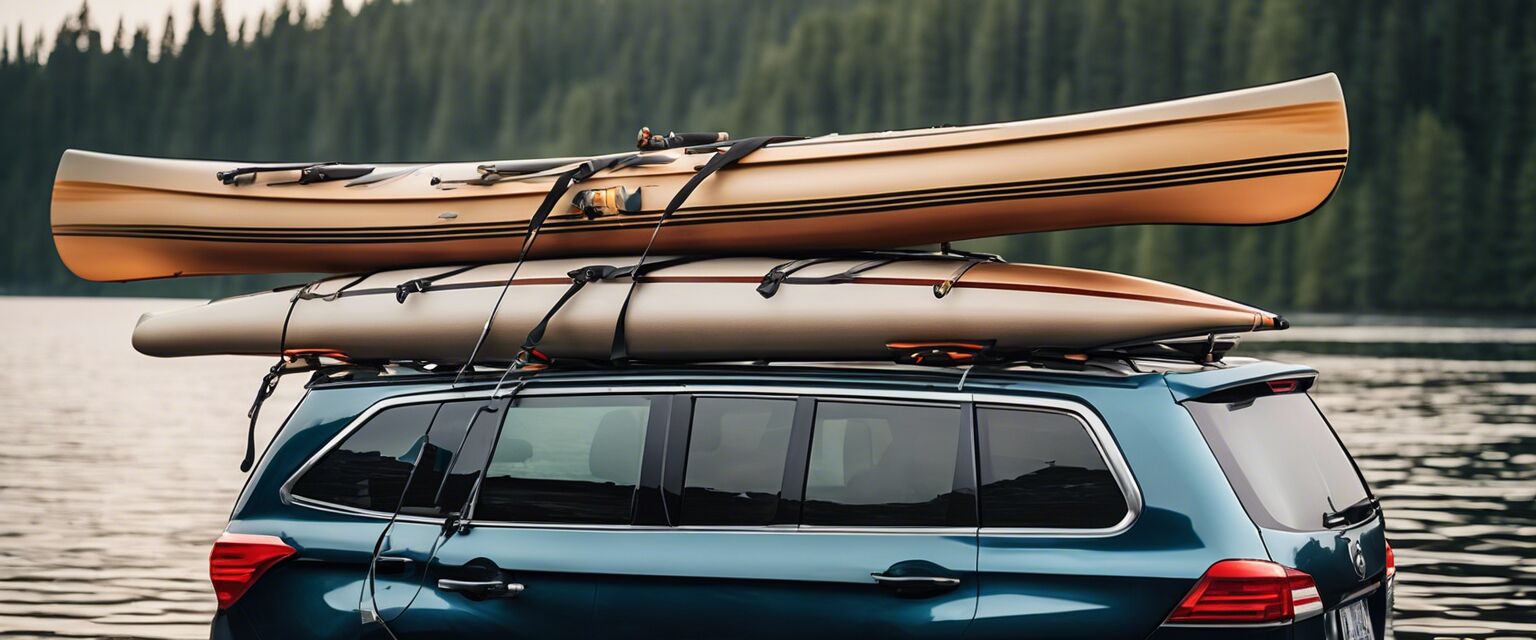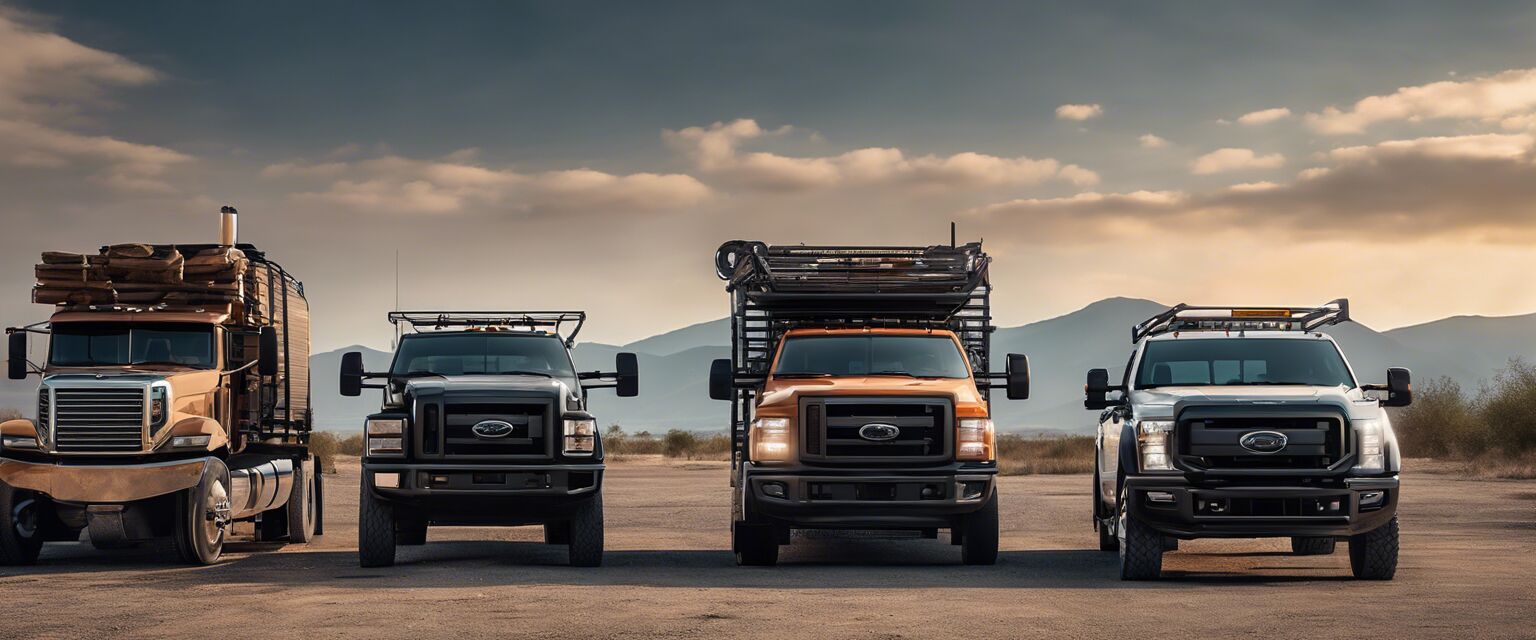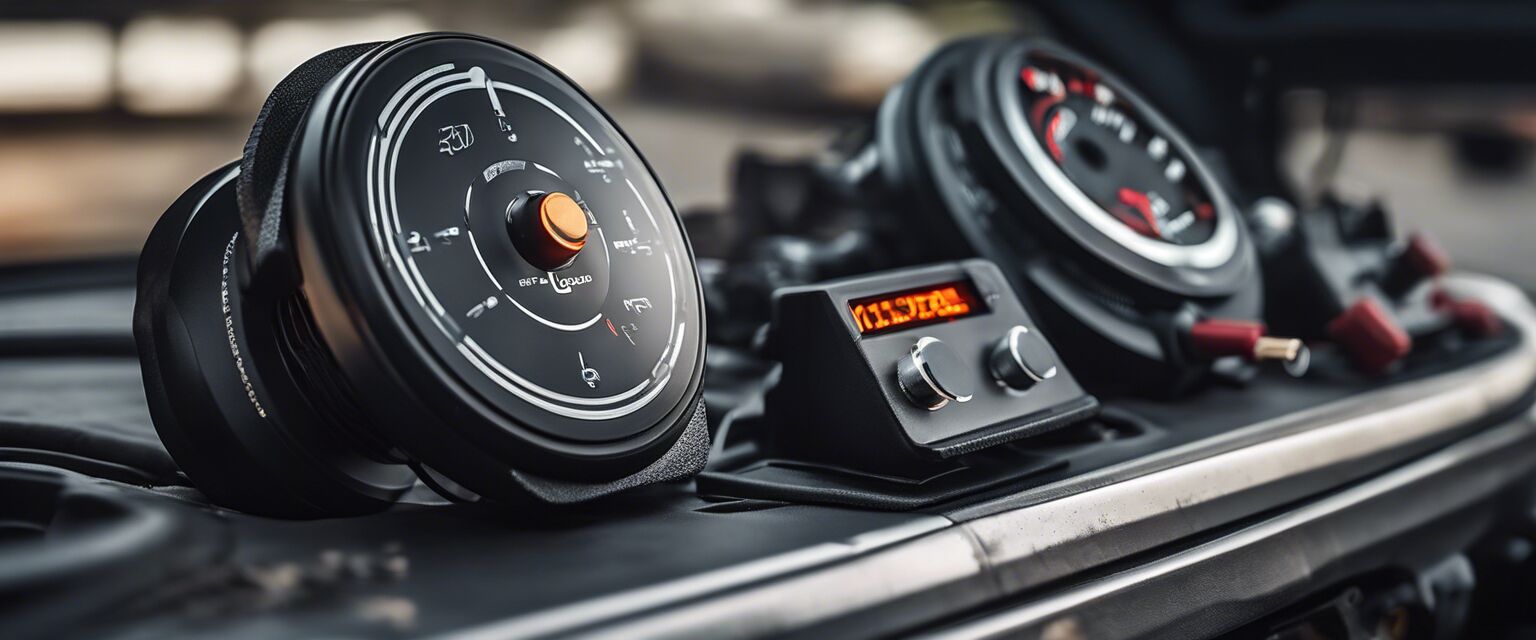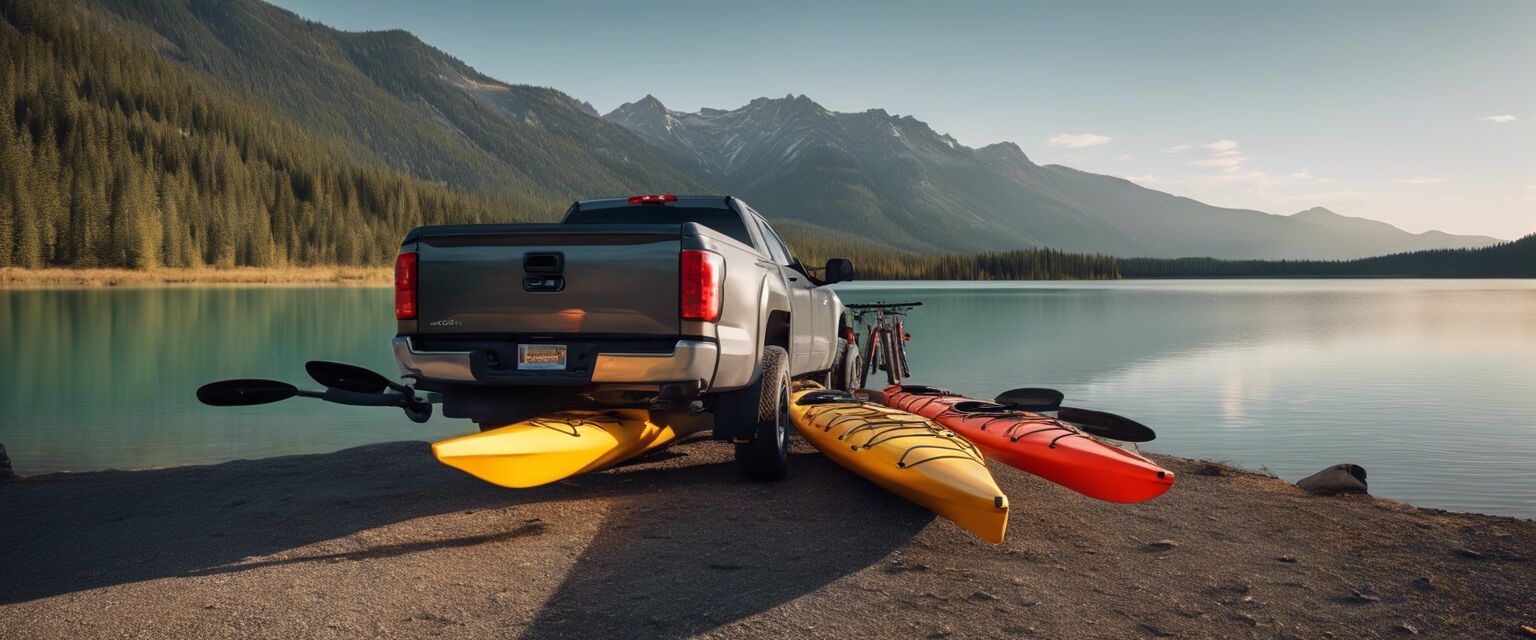
Kayak Racks
Key Takeaways
- Kayak racks come in various types suitable for different vehicles.
- Proper installation is crucial for safe transportation.
- Consider the weight capacity and kayak size when choosing a rack.
- Regular maintenance ensures durability and safety.
Choosing the right kayak rack for your vehicle can make a significant difference in ensuring the safe and secure transportation of your kayak. With various styles and installation methods available, itâs essential to understand what works best for your needs. This guide will help you navigate through the options and provide expert insights on installation and maintenance.
Types of kayak racks
There are several types of kayak racks designed for different vehicles. Hereâs a breakdown of the most common types:
| Type | Description | Best For |
|---|---|---|
| Crossbar racks | Mounts on existing crossbars or roof rails. | Cars and SUVs |
| J-style racks | Holds the kayak on its side, saving space. | All vehicles with crossbars |
| Saddle racks | Supports the kayak on its hull. | All vehicles with crossbars |
| Truck bed racks | Utilizes the truck bed space for kayaks. | Pickup trucks |
| Wall-mounted racks | For storage, not transportation. | Garages and sheds |
Choosing the right kayak rack
When selecting a kayak rack, consider the following factors:
- Vehicle type: Make sure the rack is compatible with your vehicle's roof or bed.
- KAYAK size: Check the dimensions and weight of your kayak to ensure it fits securely.
- Ease of installation: Some racks require more tools and time than others.
- Budget: Determine how much you are willing to spend on a quality rack.
Installation tips
Installing your kayak rack correctly is essential for safety. Here are some tips:
- Read the instruction manual thoroughly before starting.
- Gather all necessary tools and materials.
- Ensure the rack is securely attached to your vehicle.
- Use straps to secure the kayak properly to the rack.
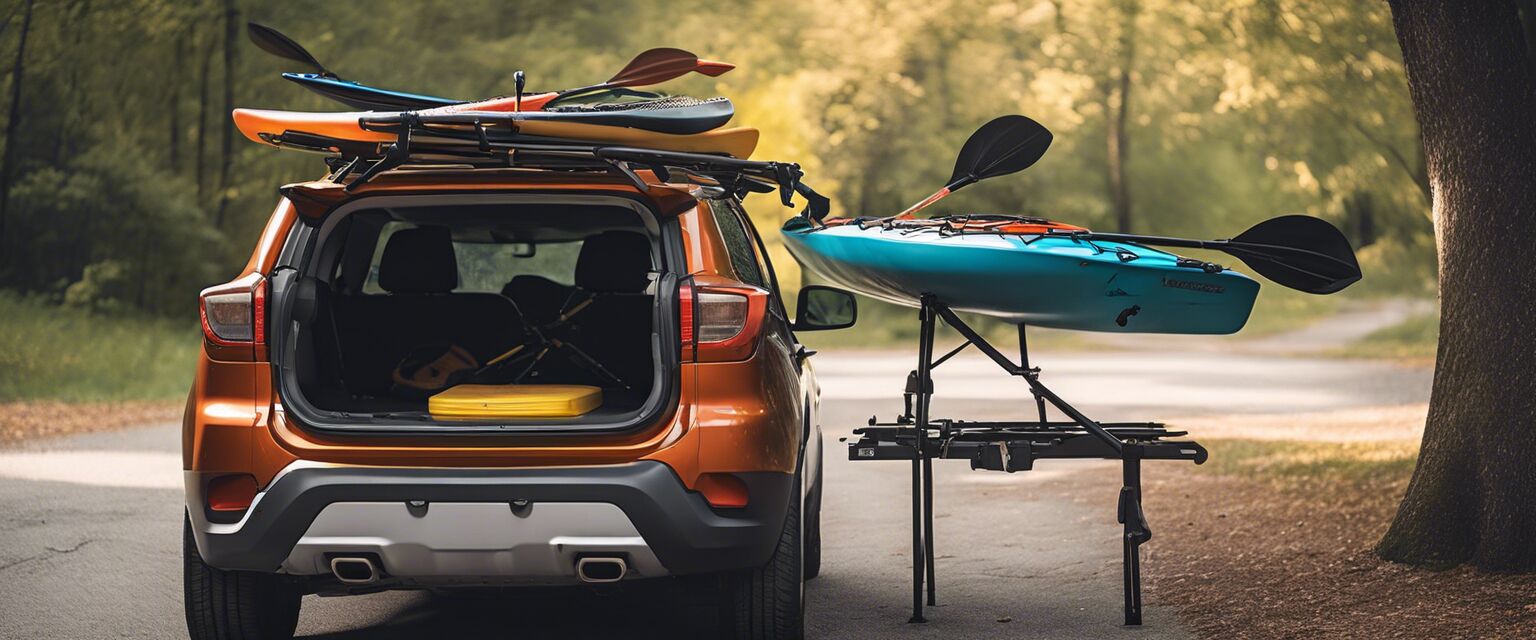
Maintenance of kayak racks
Regular maintenance can prolong the life of your kayak rack:
- Inspect for any signs of wear or damage.
- Clean the rack regularly to prevent rust.
- Ensure all bolts and screws are tightened.
- Store your rack indoors during harsh weather conditions.
Pros and cons of kayak racks
Pros
- Secure transportation of your kayak.
- Variety of options for different vehicle types.
- Protects your kayak from damage.
- Easy to use and remove when not needed.
Cons
- Can be expensive depending on the type.
- May require tools for installation.
- Some racks can be bulky when not in use.
Where to buy kayak racks
You can find a wide range of kayak racks at local sporting goods stores or online. For detailed comparisons, check out our sections on kayak racks, roof racks and boxes, and trailer hitches.
Frequently asked questions
Here are some common questions about kayak racks:
| Question | Answer |
|---|---|
| Can I use a kayak rack on my SUV? | Yes, as long as itâs compatible with your SUVâs roof or crossbars. |
| How do I secure my kayak to the rack? | Use straps to tightly secure the kayak, ensuring it does not move while driving. |
| What if my vehicle does not have crossbars? | Consider truck bed racks or investing in crossbars that fit your vehicle. |
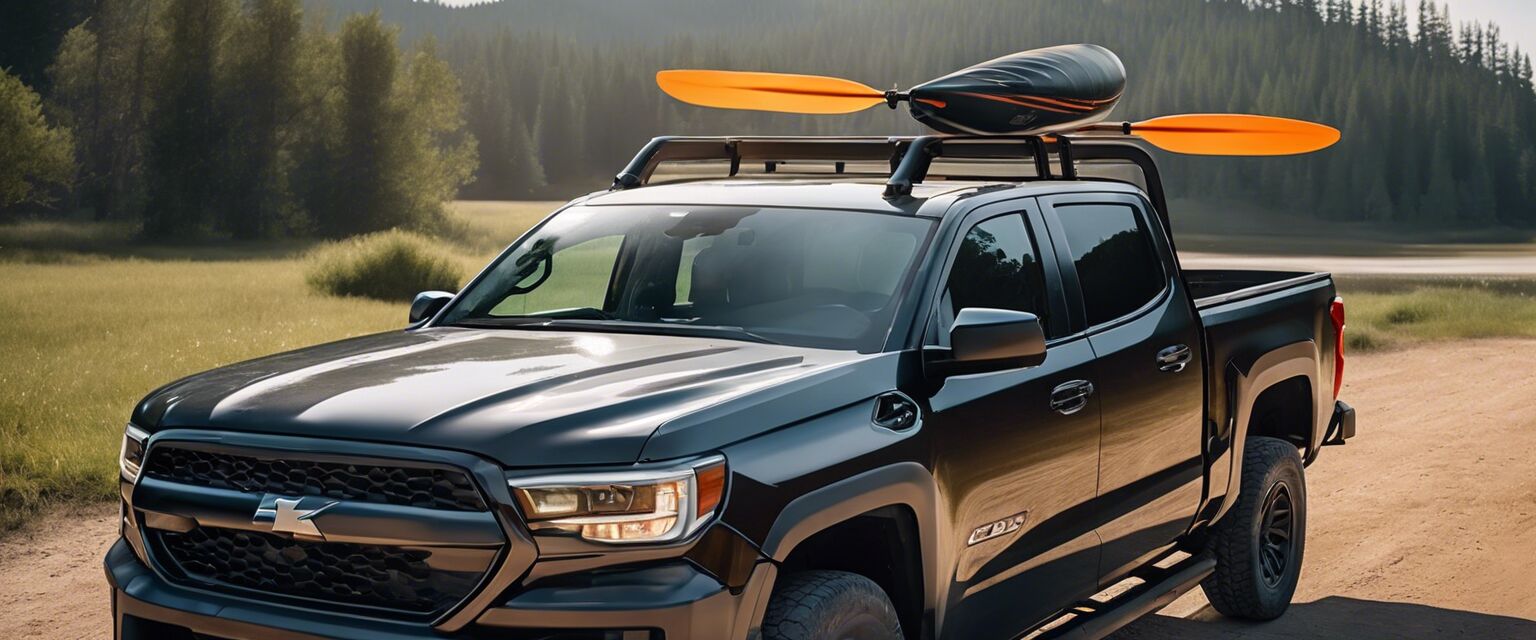
Conclusion
Choosing the right kayak rack involves understanding the types available, ensuring compatibility with your vehicle, and following proper installation and maintenance guidelines. With the right information and tools, you can safely transport your kayak and enjoy your outdoor adventures.
Tips for beginners
- Start with a simple rack that is easy to install.
- Practice securing the kayak at home before hitting the road.
- Ask for help if you are unsure about the installation process.
- Join local kayaking groups to get recommendations and tips.

